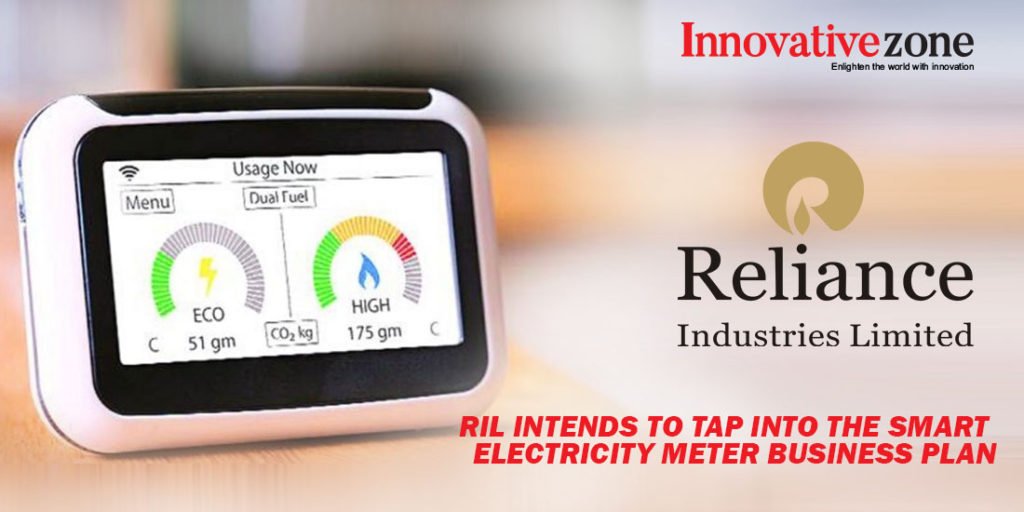RIL Intends To Tap Into The Smart Electricity Meter Business Plan
By Sneha Chaudhary
- RIL plans to offer meter data collection service
- India’s smart meter programme aims to replace 250 Million conventional meters to cut distribution losses.
Reliance Industries Ltd (RIL) is targeting the demand for smart electricity metres and aims to exploit its Jio business by supplying electricity distribution companies (discoms), with metre data collection, contact cards, telecom and cloud hosting facilities, said two people aware of the plan.
This comes against the backdrop of the world’s most prominent power smart metre initiative in India, intending to reduce delivery losses. India’s policy seeks to replace 250 million traditional metres to further boost annual debt-laden discom sales to ~1.38 trillion.
The Company owned by Mukesh Ambani is looking at the Advanced Metering Infrastructure (AMI) market and is pursuing the Narrow Band-Internet of Things (NB-IoT) to provide these services. For near real-time collection and distribution of energy consumption information, smart metres need a two-way communication network, that is control centre infrastructure and software applications.
Further, by detecting failure pockets, smart metres eliminate human interference in metering, billing and processing, and help mitigate fraud.
“Many of the services that RIL can offer include the collection of metre info, contact cards, telephone and cloud hosting services,” said one of the anonymity requestors.
In fields such as cloud and edge computing, data processing, artificial intelligence and deep learning, blockchain, and the Internet of Things (IoT), Jio Platforms Ltd, RIL’s digital technologies subsidiary, has generated substantial capabilities.
Smart metres are crucial to the progress of India’s proposed 3.5 trillion distribution reform plans, “Reforms Connected Outcome Oriented Distribution Plan,” which calls for the completion of the mandatory smart metering ecosystem from energy feeders to customer levels across the distribution sector.
Here, Discoms are the lowest link in the supply chain of electricity, they are afflicted by poor collection, increased cost of power procurement, insufficient rate hikes and disbursement of subsidies, and government departments’ mounting dues. The overall technological and commercial (AT&C) losses of India are about 22 per cent and discoms owed ~2.25 trillion to power generation and transmission companies as on 31 March.
Currently, the Indian power industry is undergoing a rapid transition to digitization, experts say, and the effectiveness of the smart metre was shown during the national lockdown, leading to a rise in average monthly sales per user relative to the problems faced by traditional metering technology.
To reduce losses, the government has been seeking to leverage smart metres. In her budget speech earlier this year, Finance Minister Nirmala Sitharaman said, “I advise all states and Union territories in the next three years to replace traditional energy metres with prepaid smart metres.” This will also allow customers the right to select the provider and rate according to their demands.


